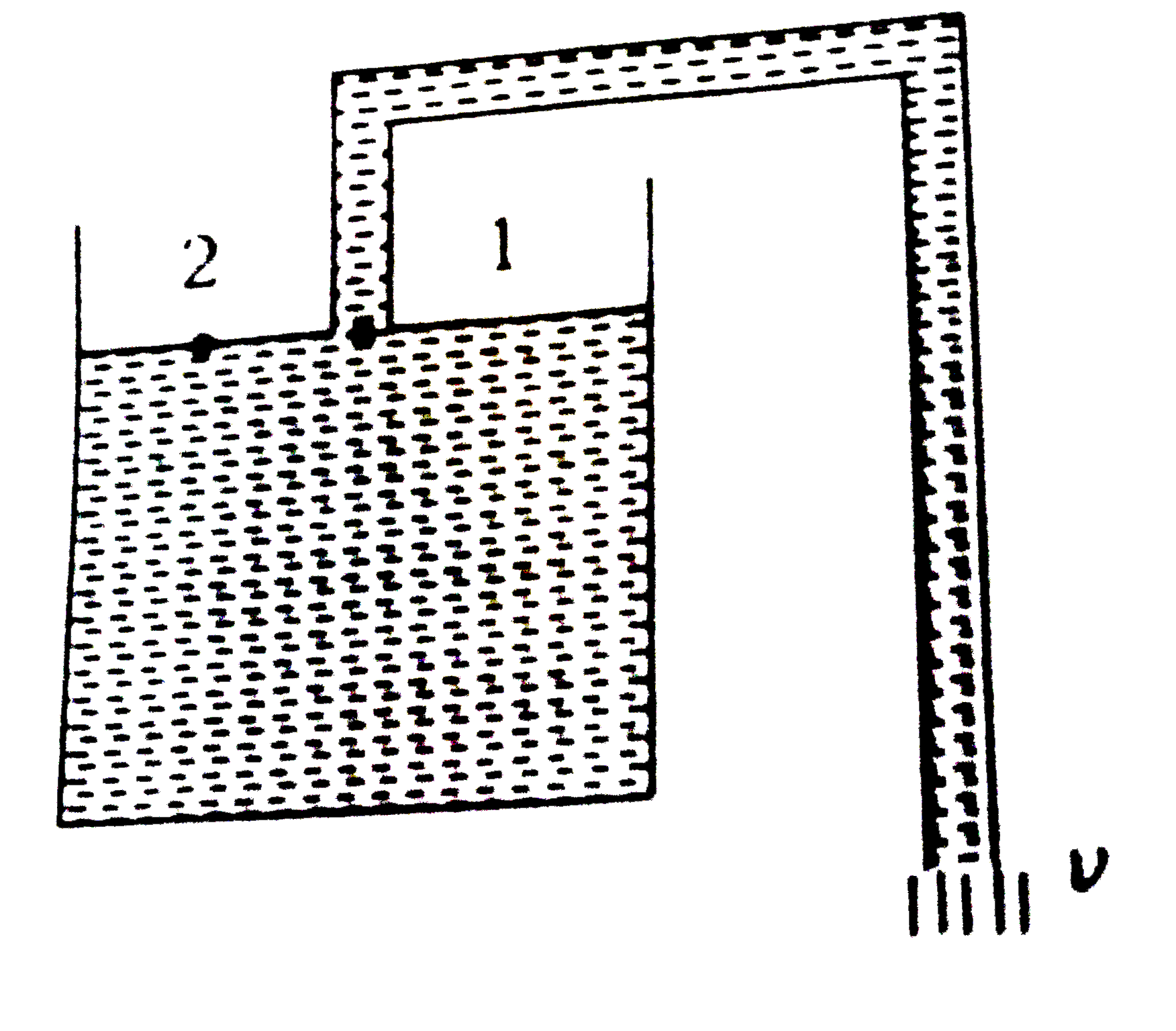In case T.P. is less than the mixmum W.P., the cell will
Undergo plasmolysis
Bursts
Swell and become fully turgid
Not become fully turgid
To solve the question "In case T.P. is less than the maximum W.P., the cell will," we need to understand the concepts of turgor pressure (T.P.) and wall pressure (W.P.) and their effects on plant cells.
1. Define Turgor Pressure (T.P.):
- Turgor pressure is the pressure exerted by the fluid (usually water) inside the central vacuole of a plant cell against the cell wall. It helps maintain the cell's shape and rigidity.
2. Define Wall Pressure (W.P.):
- Wall pressure is the pressure exerted by the cell wall against the turgor pressure. It acts to counterbalance the pressure from inside the cell.
3. Analyze the Condition:
- The question states that T.P. is less than W.P. (T.P. < W.P.). This means that the pressure exerted by the cell wall is greater than the pressure from the fluid inside the cell.
4. Determine the Effect on the Cell:
- When the wall pressure is greater than the turgor pressure, the cell cannot maintain its shape and will start to lose water. This leads to a decrease in the cell's volume.
5. Resulting Condition:
- As a result of the higher wall pressure, the cell will undergo plasmolysis. Plasmolysis is the process where the cell membrane pulls away from the cell wall due to the loss of water, causing the cell to shrink.
6. Conclusion:
- Therefore, if T.P. is less than W.P., the cell will undergo plasmolysis.
Final Answer:
The cell will undergo plasmolysis.
---
- Turgor pressure is the pressure exerted by the fluid (usually water) inside the central vacuole of a plant cell against the cell wall. It helps maintain the cell's shape and rigidity.
- Wall pressure is the pressure exerted by the cell wall against the turgor pressure. It acts to counterbalance the pressure from inside the cell.
- The question states that T.P. is less than W.P. (T.P. < W.P.). This means that the pressure exerted by the cell wall is greater than the pressure from the fluid inside the cell.
- When the wall pressure is greater than the turgor pressure, the cell cannot maintain its shape and will start to lose water. This leads to a decrease in the cell's volume.
- As a result of the higher wall pressure, the cell will undergo plasmolysis. Plasmolysis is the process where the cell membrane pulls away from the cell wall due to the loss of water, causing the cell to shrink.
- Therefore, if T.P. is less than W.P., the cell will undergo plasmolysis.
The cell will undergo plasmolysis.
Topper's Solved these Questions
- TRANSPORT IN PLANTSBook:DINESH PUBLICATION ENGLISHChapter:TRANSPORT IN PLANTSExercise:REVISION QUESTIONS FROM COMPETITIVE EXAMS
Explore 425 Videos
- THE LIVING WORLDBook:DINESH PUBLICATION ENGLISHChapter:THE LIVING WORLDExercise:Check your grasp
Explore 12 Videos
- VERTEBRATA-AGNATHA AND PISCESBook:DINESH PUBLICATION ENGLISHChapter:VERTEBRATA-AGNATHA AND PISCESExercise:Check Your Grasp
Explore 12 Videos
Similar Questions
Knowledge Check
2x+p=7x−3,2y+q=7y−3
In the above equations, p and q are constant. If q is 5 less than p, which of the following statements is true?Ax is 1 less than yBx and y equalCx is 1 more than y.Dx is 2 more than y.
Assertion : Resistance of an ammeter is less than the resistance of a milliammeter.
Reason : Value of shunt required in case of ammeter is more than a milliammeter.
View SolutionThe p50 of myoglobin is less than the p50 of adult hemoglobin , the affinity of adult hemoglobin for oxygen is
View SolutionConsider following reaction:
Cl2(g)+H2OR.T.−−→P+Q
If molecular weight of P is less than Q then incorrect statement is:
View SolutionIf P is any point in the interior of a parallelogram ABCD , then prove that area of the triangle APB is less than half the are of parallelogram.
View SolutionIf P is any point in the interior of a parallelogram ABCD, then prove that area of the triangle APB is less than half the area of parallelogram.
View SolutionAssertion : In the given figure shown, p1=p2.

Reason : Pressure at 1 is less than the atmospheric pressure.
View SolutionIf a, p are the roots of the quadratic equation x2−2p(x−4)−15=0, then the set of values of p for which one root is less than 1 and the other root is greater than 2 is:
View Solution
